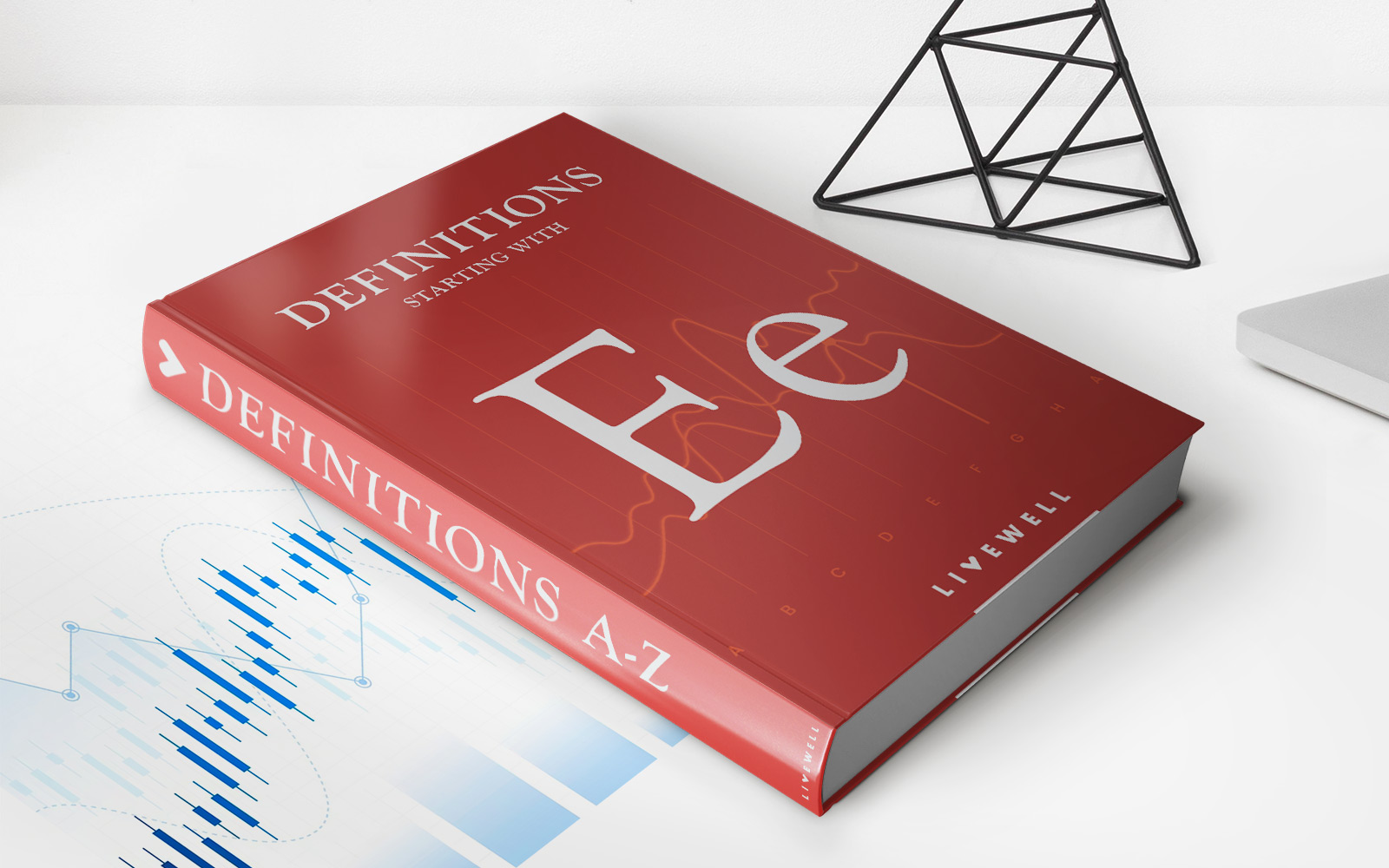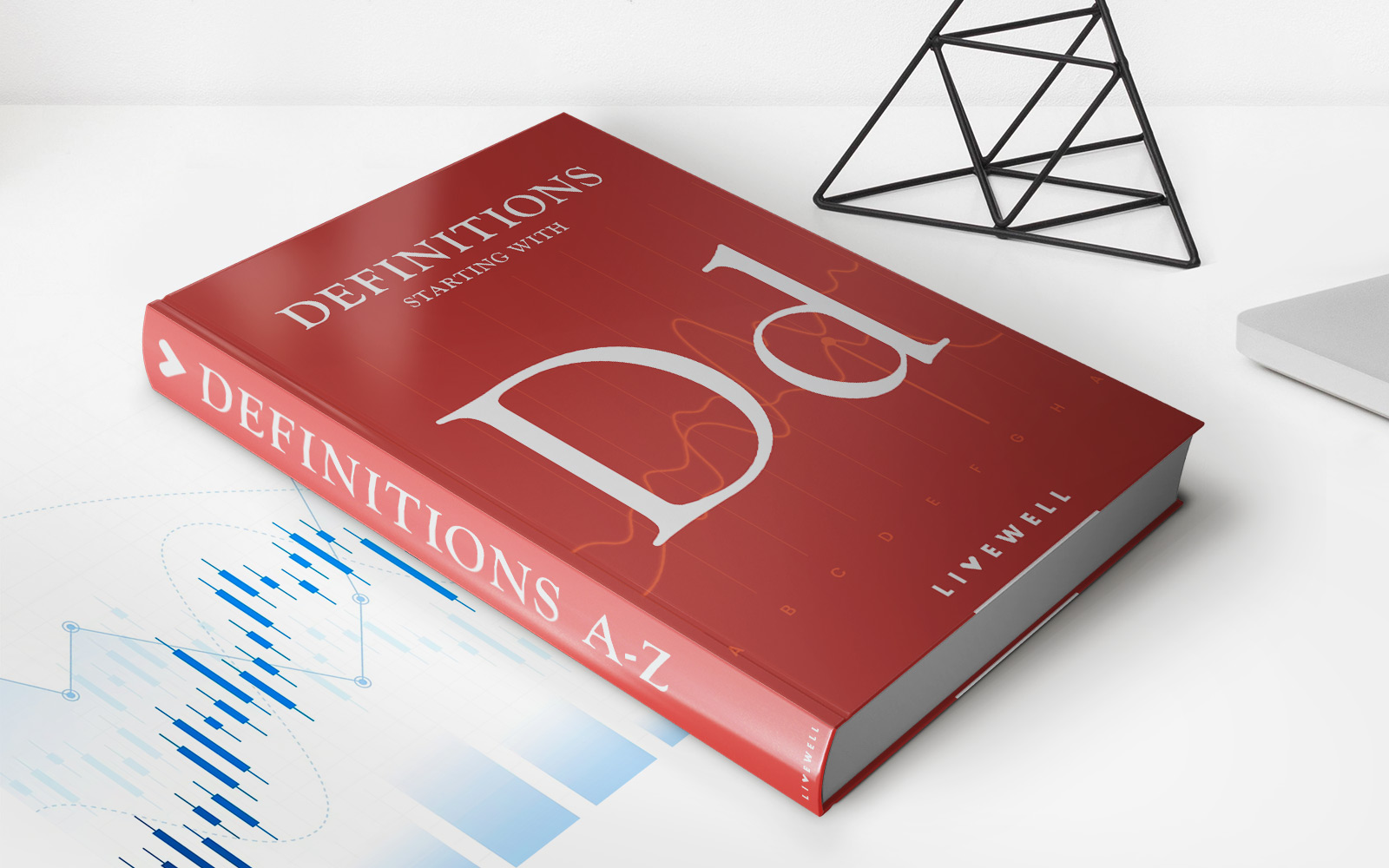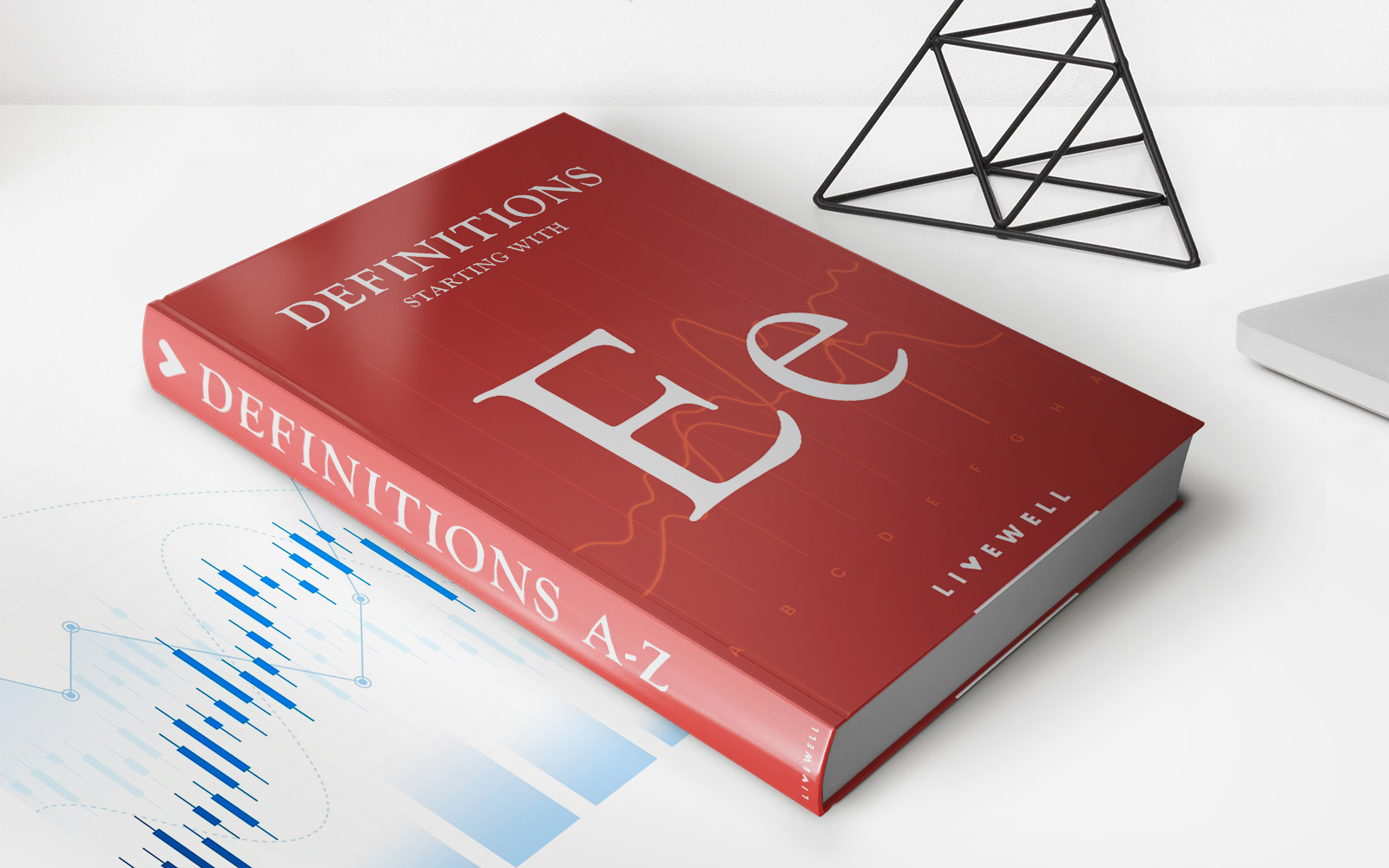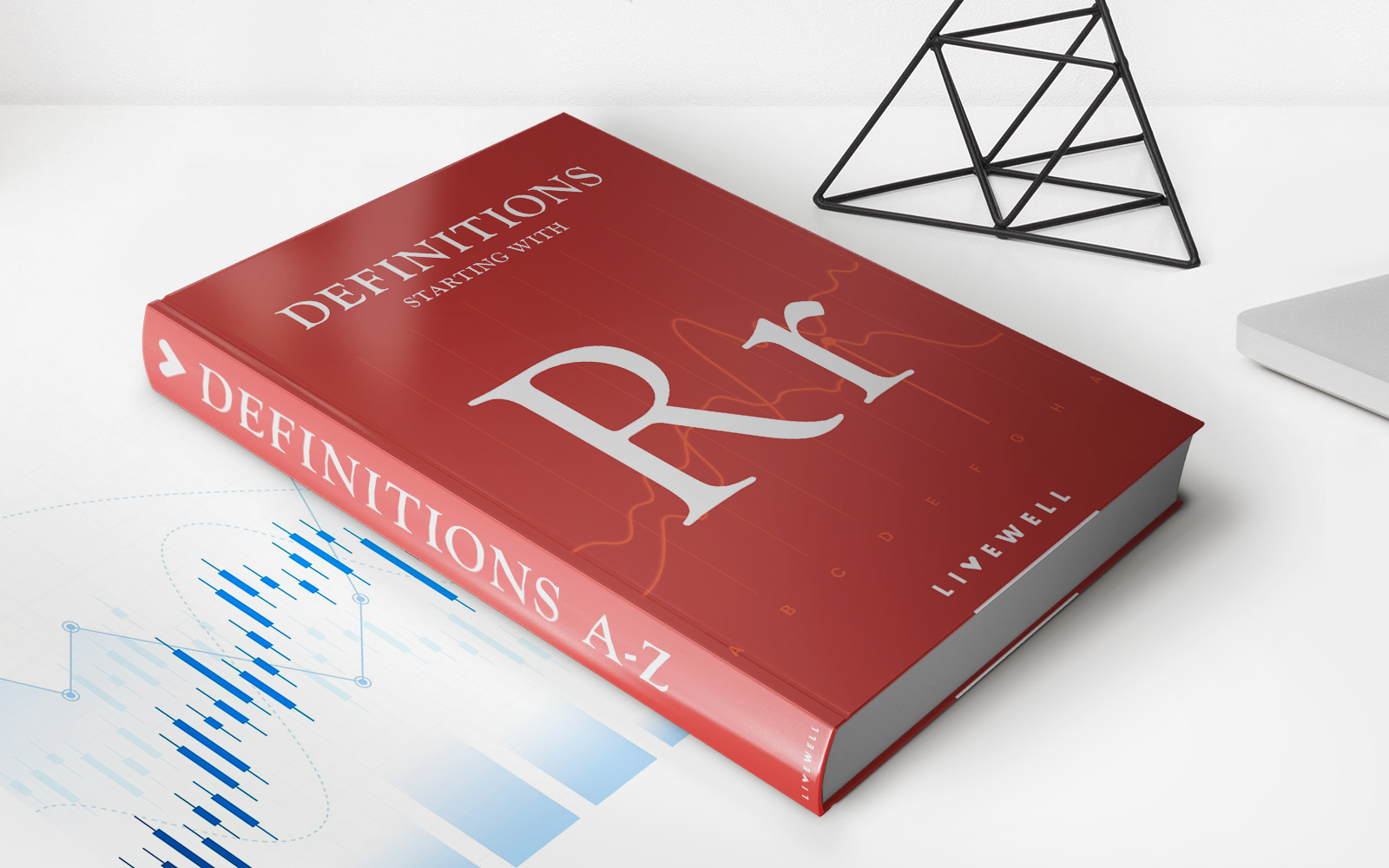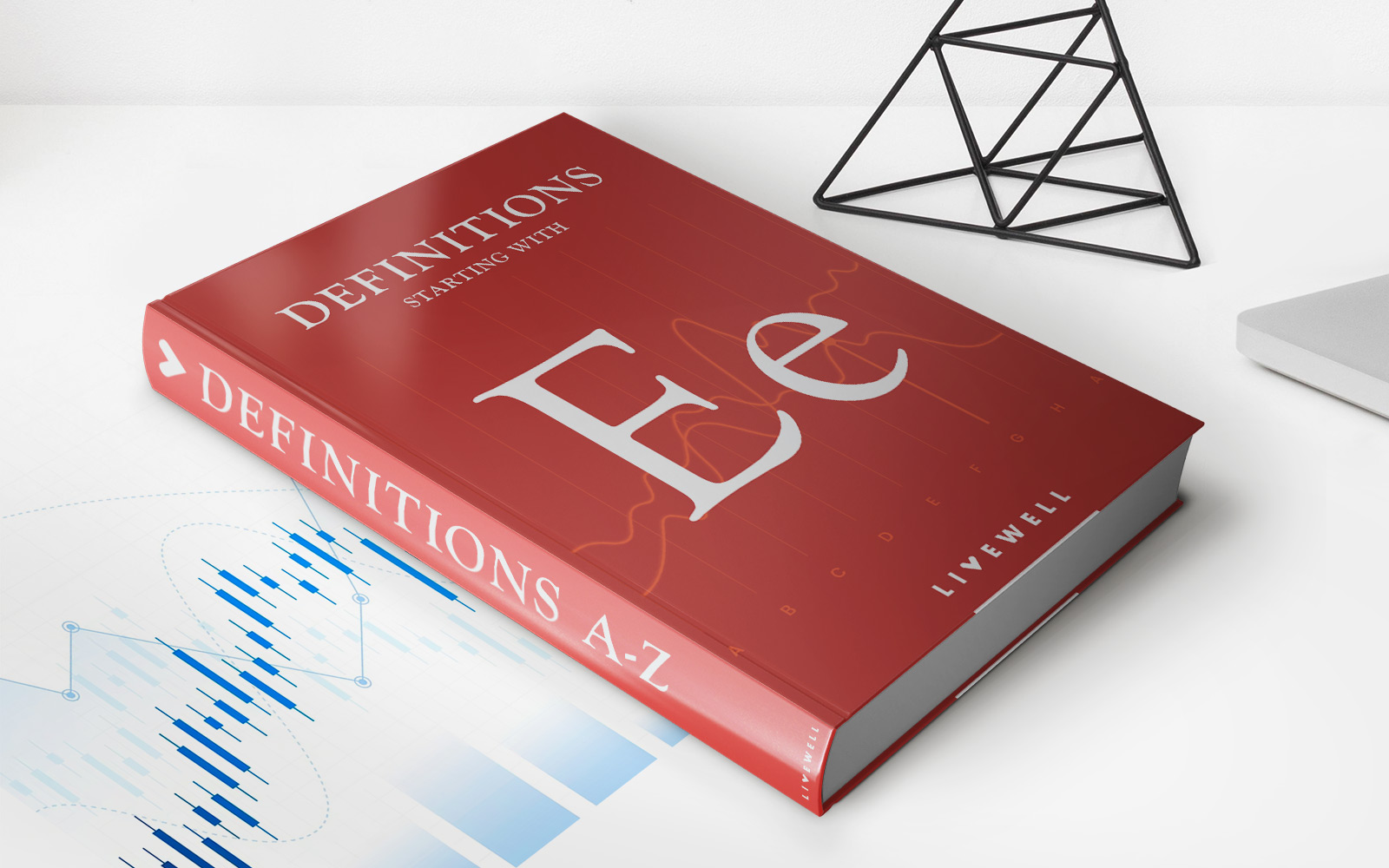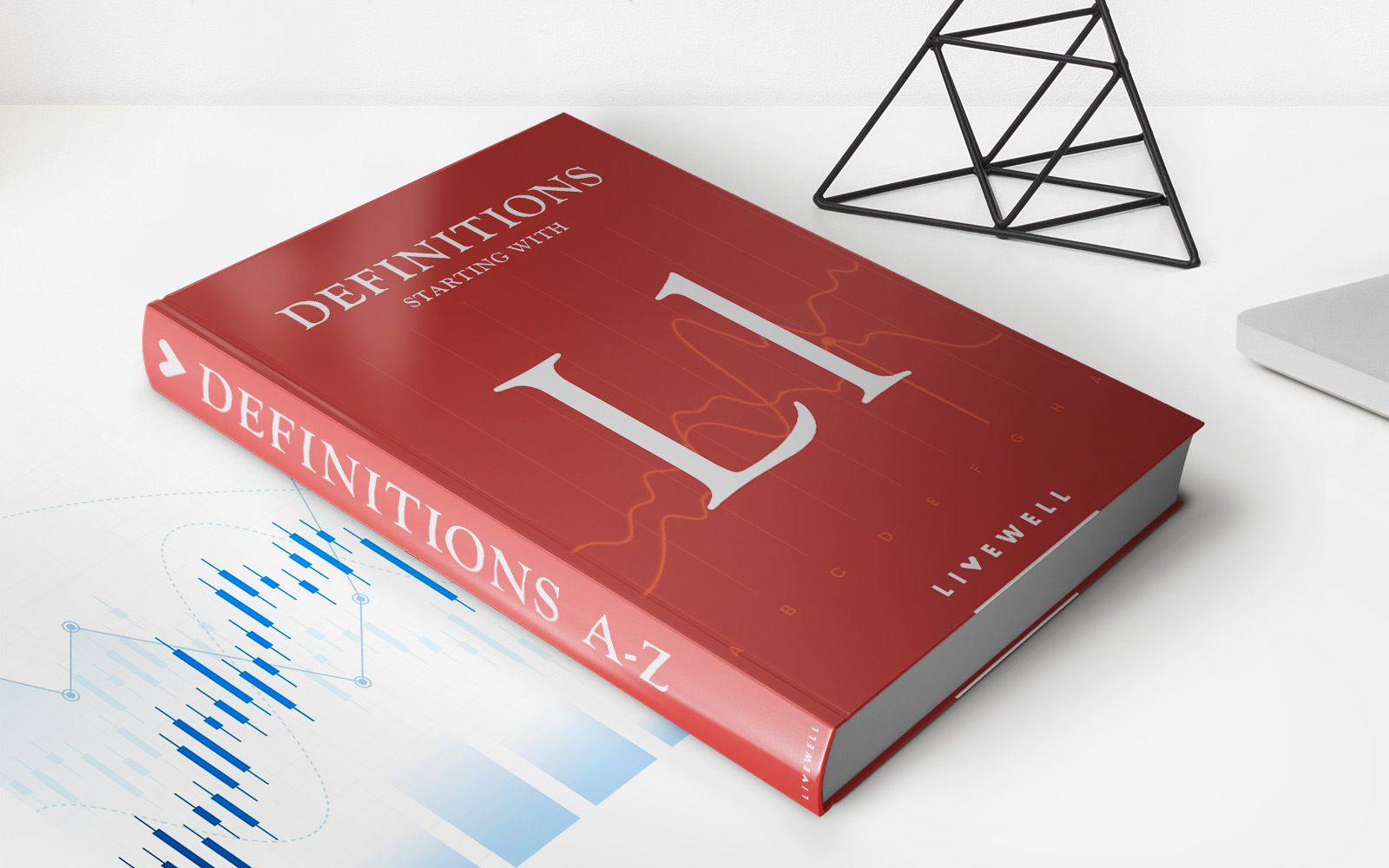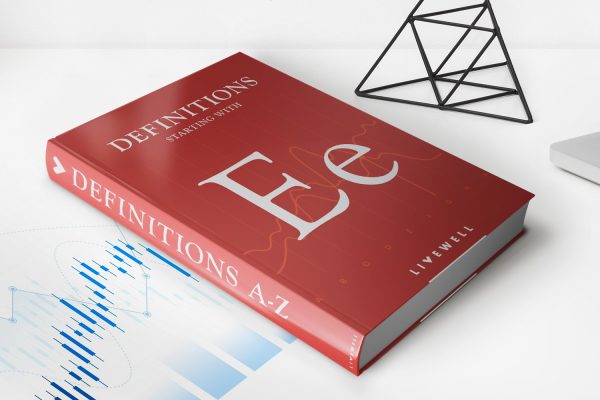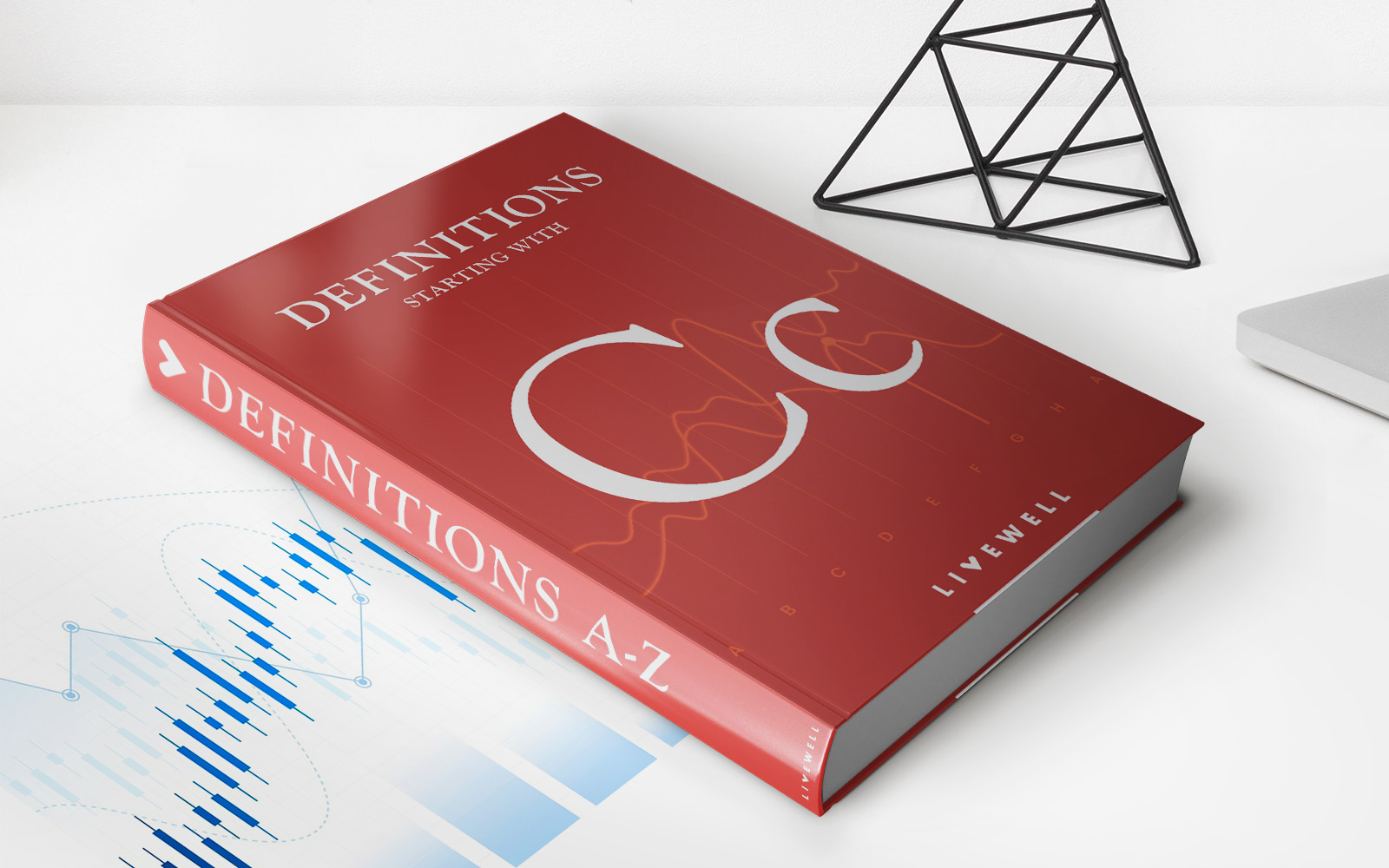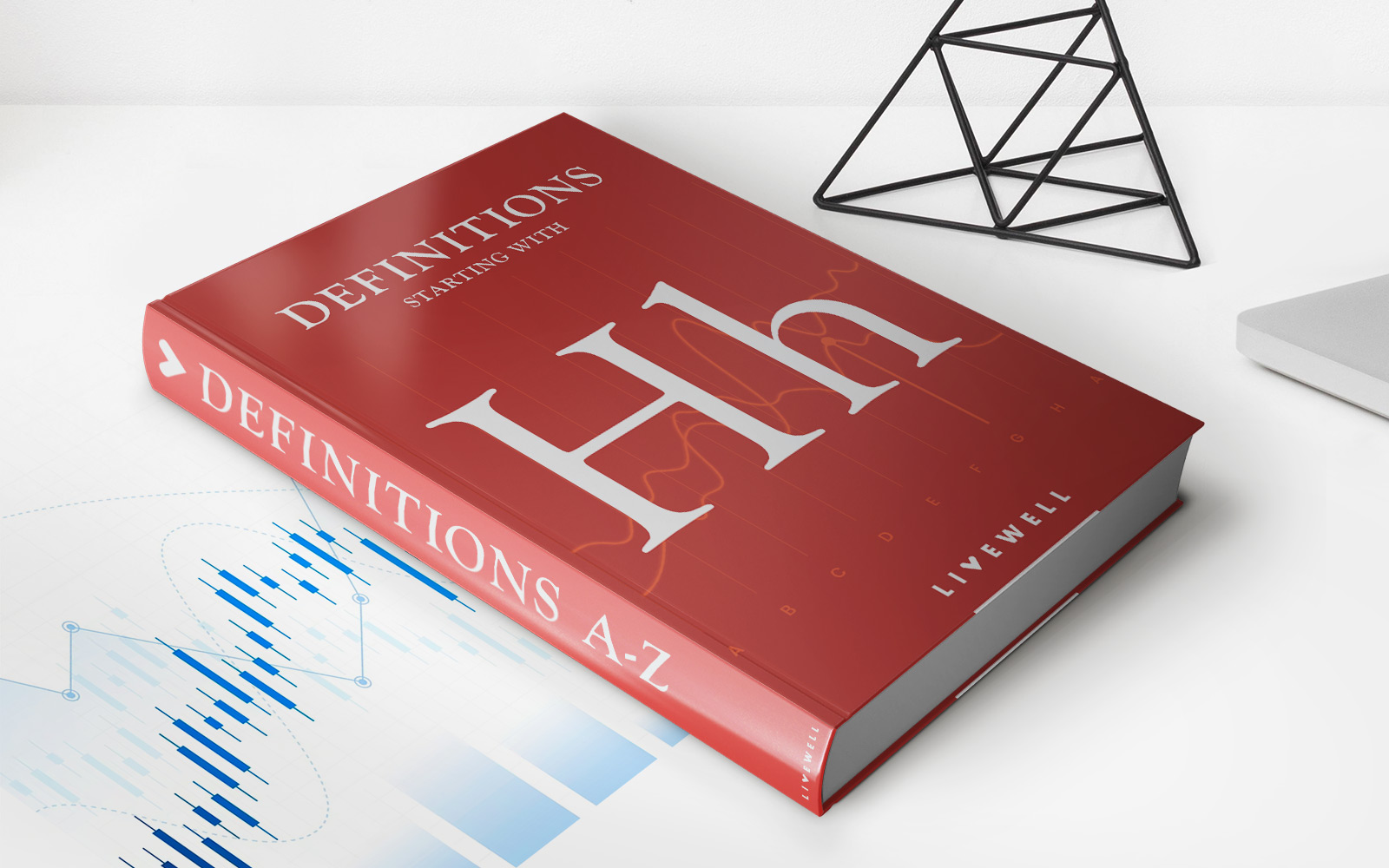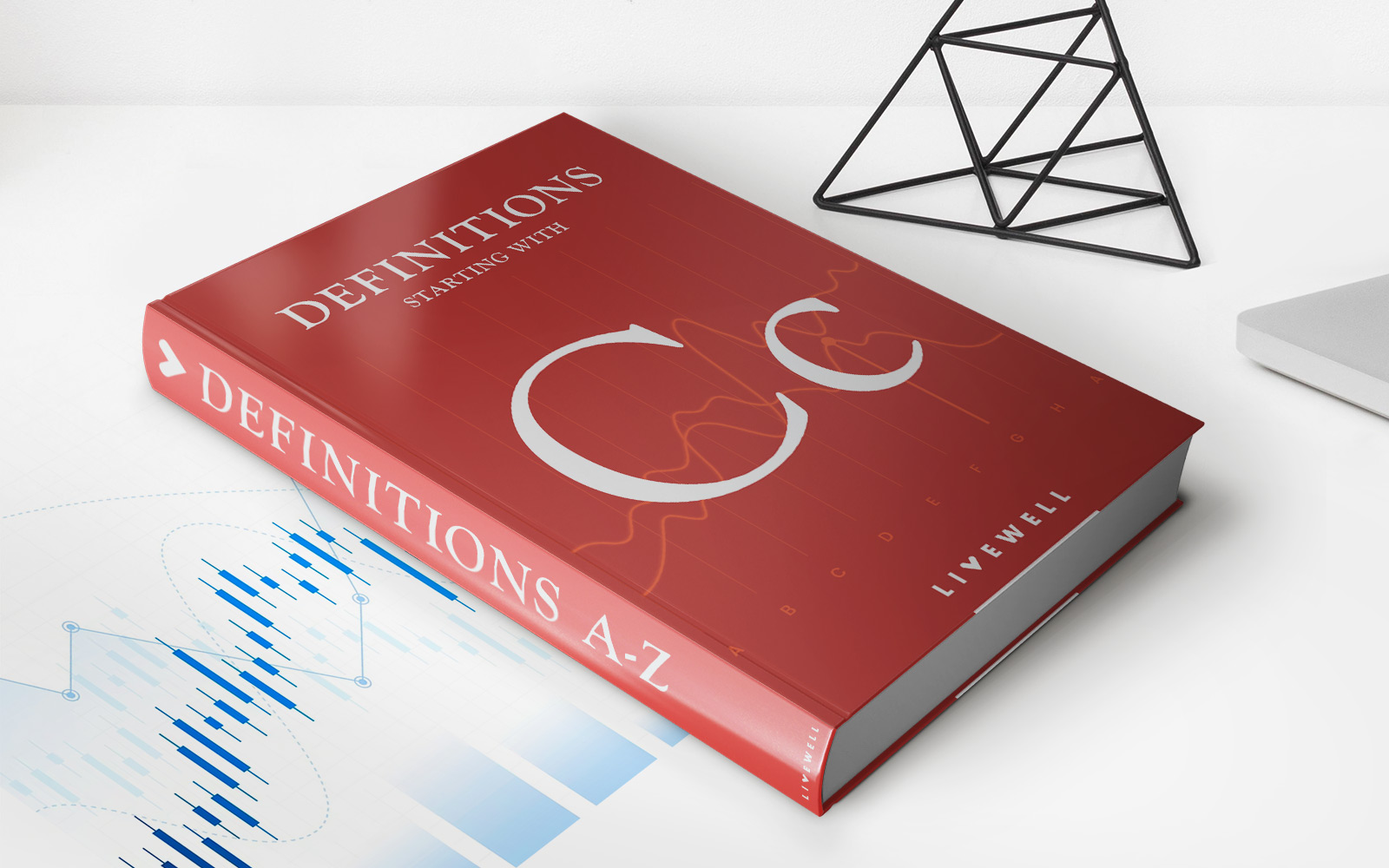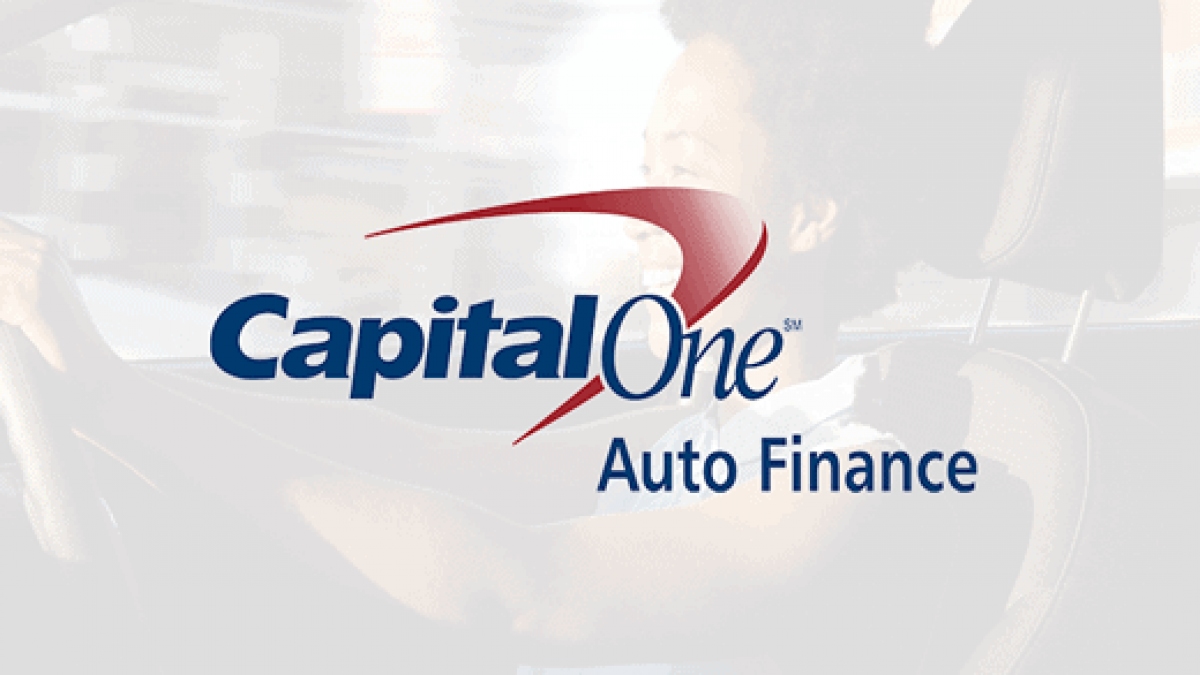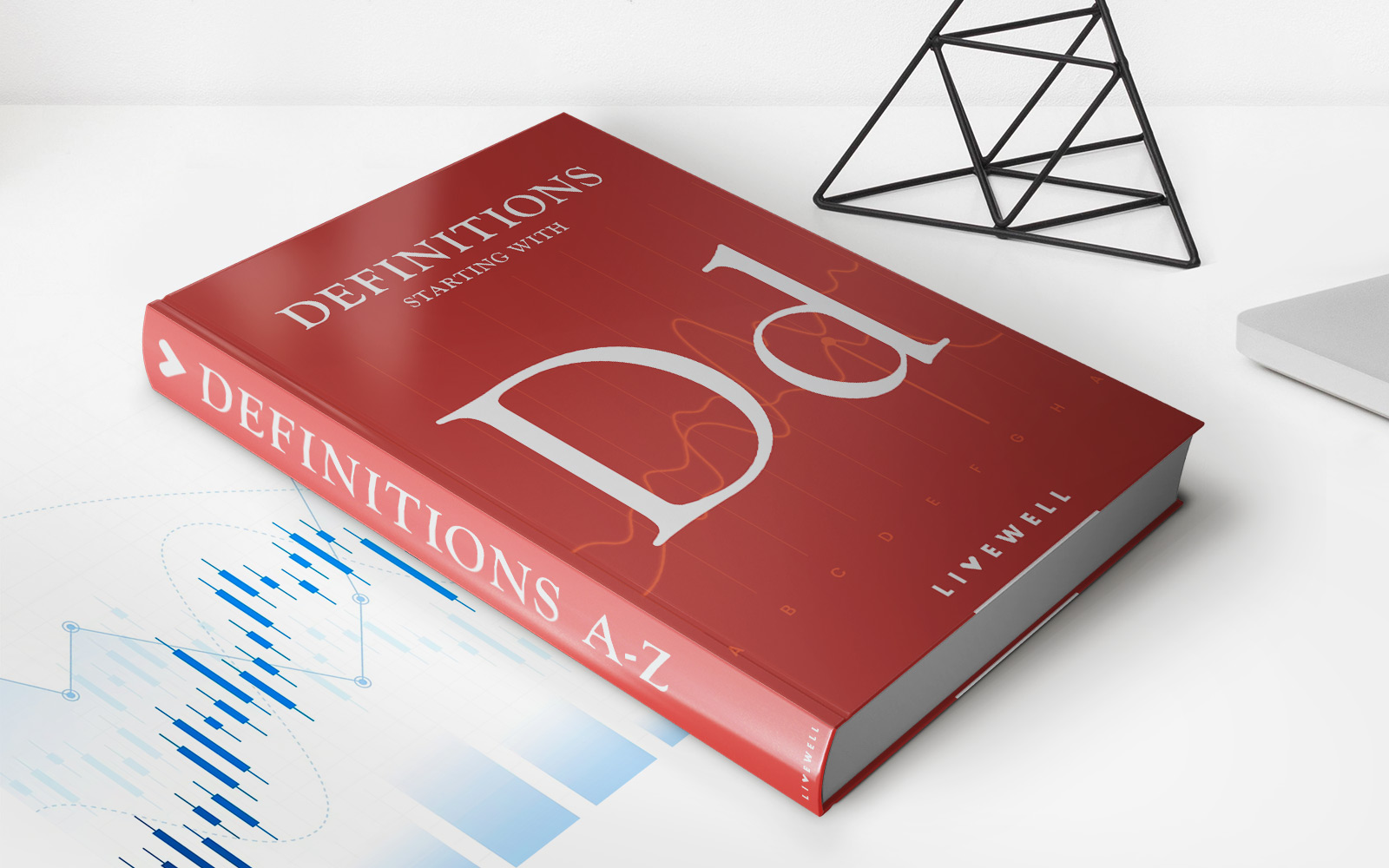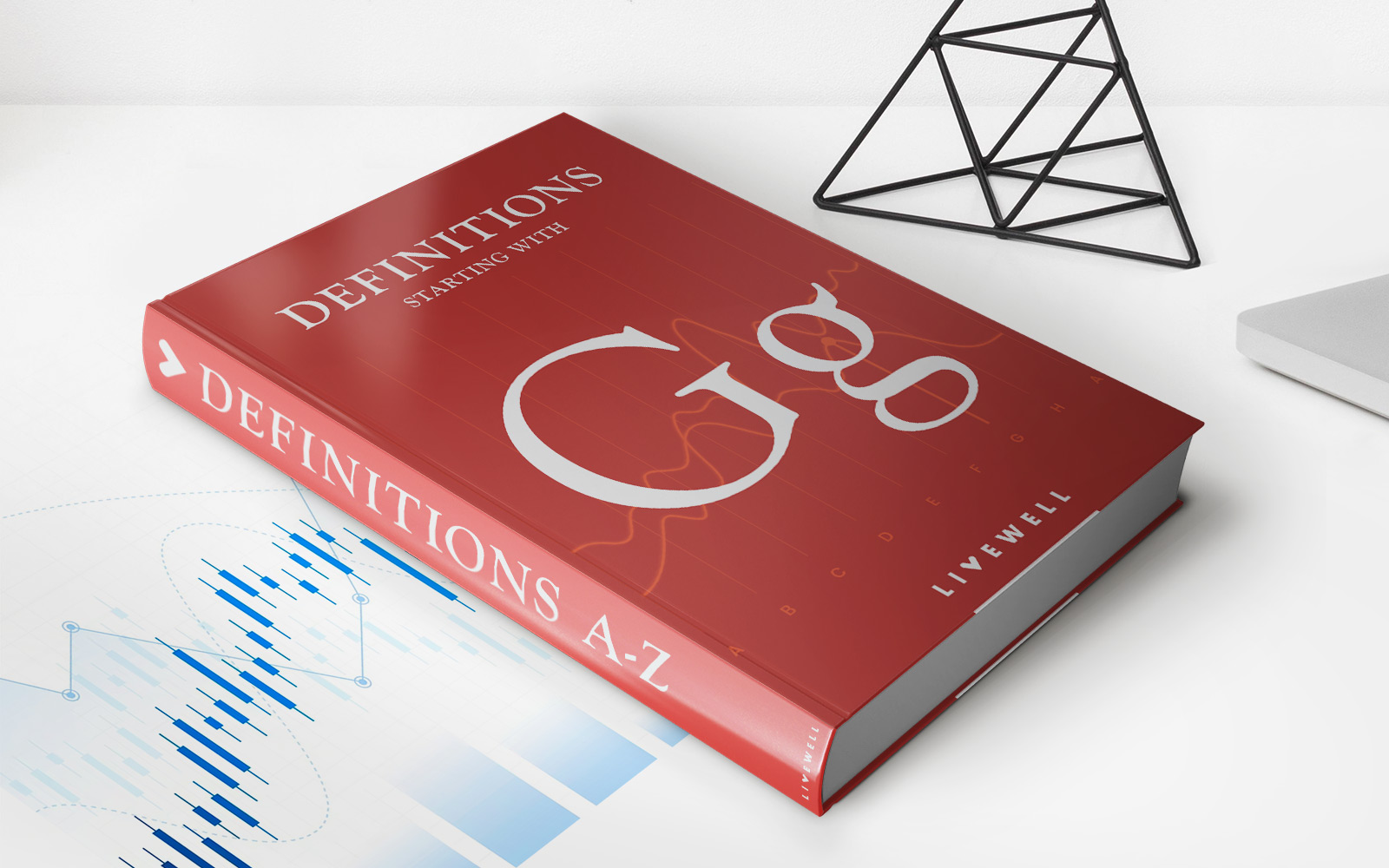Home>Finance>Economic Value: Definition, Examples, Ways To Estimate
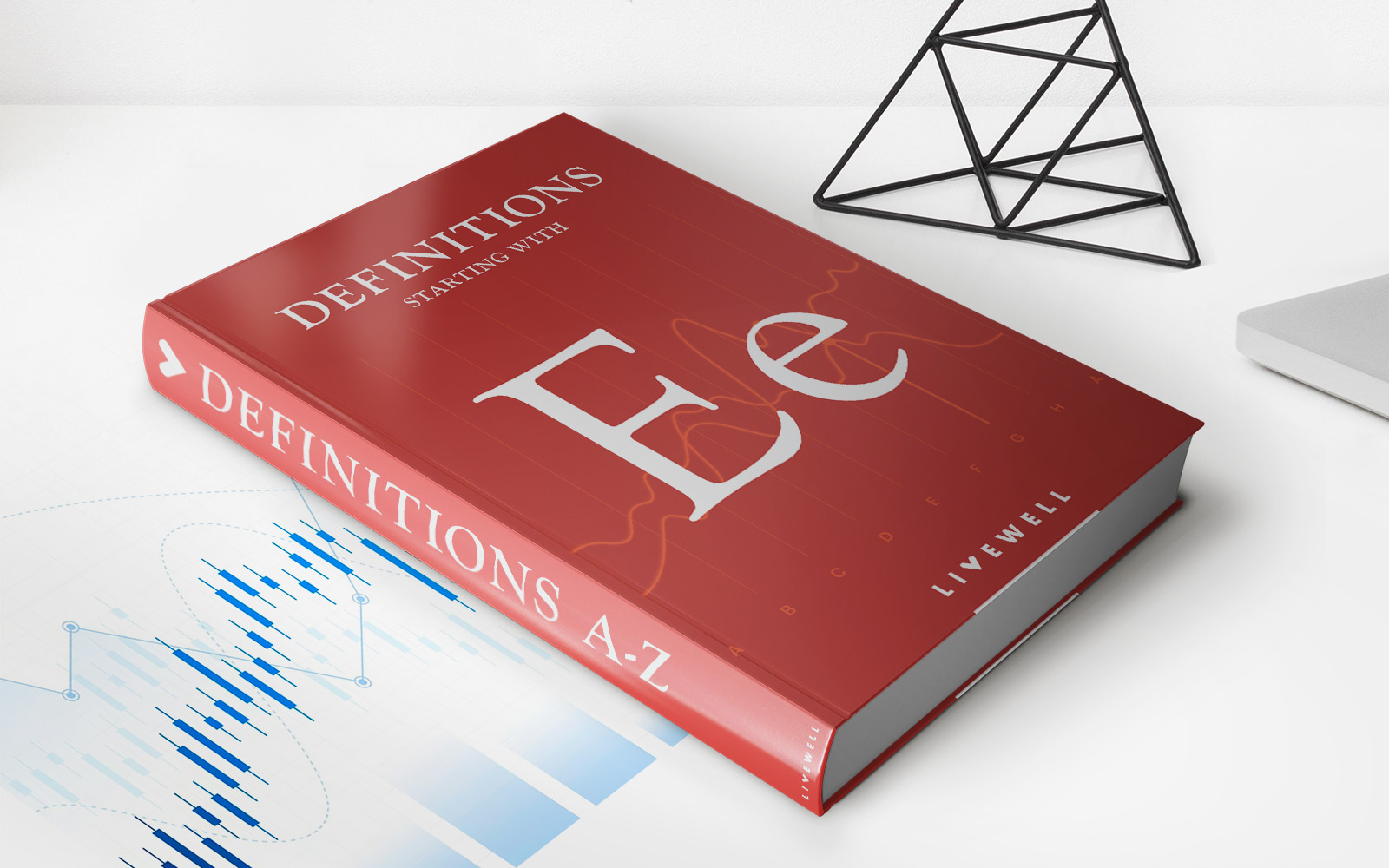

Finance
Economic Value: Definition, Examples, Ways To Estimate
Published: November 16, 2023
Learn the definition of economic value in finance, explore examples, and discover effective ways to estimate and calculate it. Expand your financial knowledge today!
(Many of the links in this article redirect to a specific reviewed product. Your purchase of these products through affiliate links helps to generate commission for LiveWell, at no extra cost. Learn more)
Unlocking the Power of Economic Value: Definition, Examples, Ways to Estimate
When it comes to navigating the complex world of finance, understanding economic value is crucial. But what exactly is economic value and why is it important? In this blog post, we will dive deep into the definition of economic value, explore some real-life examples, and discuss various methods to estimate it accurately. So, let’s get started!
Key Takeaways:
- Economic value represents the worth or utility placed on a good or service by individuals, societies, or businesses.
- Understanding economic value helps in making informed decisions and maximizing returns on investments.
Defining Economic Value
Economic value can be defined as the worth or utility that individuals, societies, or businesses assign to a particular good or service. It represents the benefit or satisfaction derived from acquiring or consuming something, and it plays a significant role in various financial transactions. Economic value is not always synonymous with price. While price is a factor that influences economic value, other elements such as scarcity, demand, and personal preferences also come into play.
Now that we have a clear understanding of what economic value entails, let’s take a look at some examples to further illustrate its significance.
Examples of Economic Value
1. Real Estate:
- A prime location property in a thriving neighborhood will typically have a higher economic value compared to a similar property in a less desirable area.
- Factors like accessibility, nearby amenities, and future development plans all contribute to the economic value of a real estate property.
2. Luxury Goods:
- High-end luxury goods like designer handbags, watches, or luxury vehicles often carry a higher economic value due to their exclusivity and brand reputation.
- The economic value of luxury goods is often influenced by factors such as craftsmanship, limited availability, and brand desirability.
3. Intellectual Property:
- Patents, copyrights, and trademarks have significant economic value as they provide exclusive rights and protection to creators and inventors.
- The economic value of intellectual property is assessed based on factors like market demand, potential licensing opportunities, and estimated future profitability.
Ways to Estimate Economic Value
Estimating economic value accurately is crucial for making informed financial decisions. Here are some common methods used to estimate economic value:
- Market Analysis: Conducting thorough market research to understand supply and demand dynamics, consumer preferences, and competitor analysis can help estimate the economic value of a product or service.
- Cost-Benefit Analysis: Comparing the costs associated with acquiring or producing a good/service against the expected benefits or returns helps determine its economic value.
- Comparable Sales Approach: In the case of real estate or other assets, analyzing recent sales of similar properties or assets can provide insights into their economic value.
- Discounted Cash Flow (DCF) Analysis: This method involves estimating the present value of future cash flows generated by an investment, considering factors like interest rates and risk.
- Hedonic Pricing: Used primarily in real estate and pricing of goods with multiple attributes, hedonic pricing estimates economic value based on the implicit prices of individual product characteristics.
By employing these estimation methods, individuals and businesses can make sound financial decisions and optimize their investments.
Conclusion
Economic value plays a fundamental role in the world of finance, and understanding its definition and estimation methods is crucial for success. Armed with this knowledge, you can navigate investment decisions, assess the worth of assets, and make informed choices that align with your financial goals. So, the next time you come across the concept of economic value, you’ll be equipped to unlock its power and gain a competitive edge.
